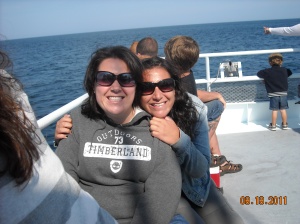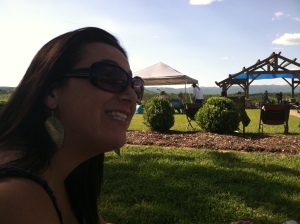I have always maintained that life would be much easier if upon death we made our home a funeral pyre and burned it down with us inside it.

It would save our survivors hours of figuring out what to sell and what to give or throw away. Tense and tearful hours as they pored through our digital and paper lives learning things that perhaps we never wanted them to know. Jewelry and other valuable small items wouldn’t lead to family fights over who deserved it or who mom wanted it to go to.
Everything reduced to a fine pile of ash.
Family and friends would come to the burning ceremony and set up chairs a safe distance from the fire. The musically inclined could bring their instruments and play gently in the background. As the sound went down a bottle or two could be passed around to soothe the grief and loosen the tongue for the stories of the departed that demand to be told one last time. Once the fire quieted, and the grief dialed back to a simmer, the participants would sit quietly and roast marshmallows as they pondered their mortality. People would slip off silently as the night wore on and at dawn the area would be deserted and only a hot bed of coals would mark the site.
Doesn’t that sound so much better than the current process?
When my daughter died, there were some things that were easy to part with. Her car went first. The sight of it parked in the driveway was like an open wound that reminded us she would never come home again. Her shoes, undergarments, bathing suits, sunglasses were all items that required no thought to discard. Everything else, though, ended up being packed up and kept.
I’ve moved twice since she died, and each move forced me to look again and see what I would keep and what I could bear to part with. On the second move I managed to discard 4 boxes of DVDs and some small crock pots. After five years I released a few more items that no longer held an emotional charge.
Some of us her stuff I still use today. The lamps, pictures, and curtains she picked out when we moved to South Carolina, as well as the house decor she carried here from New Hampshire, is either being used or waiting to be used. The wooden moose figurine, that for some reason infuriated my ex-husband when he saw it on a Lowe’s bill, sits atop my mantel. The riding lawnmower, chosen by her for her use, still sits outside even though I could afford a lawn service. Her favorite coffee cup, the remains of a plate set, a wine glass she purchased for her sister’s bachelorette party, all exist in a world where she is gone.
Other things I hold onto are not utilitarian. I have the messages she wrote to herself during her time at Brattleboro Retreat and the letters fellow patients wrote to her. There are gifts given to her by boyfriends that are now grown and married. Her datebook diary and favorite books are safely ensconced in a large Tupperware container that I still don’t have the strength to open to review the contents. Everywhere I turn there is a reminder of her.
The Bible says from dust you came and from dust you shall return. I won’t say this with certainty, but maybe losing someone would be easier if that same principle applied to all of our possessions when we died. Instead we are doomed to live in a world where the possessions remain with us long after the person has left.












